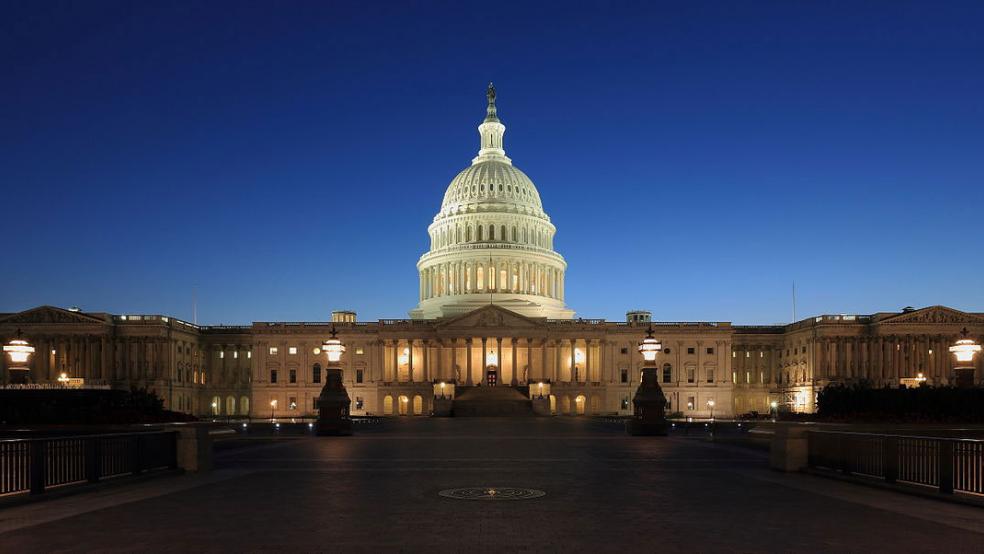The House on Wednesday voted 220-207 to pass a legislative package containing six funding bills for the 2023 fiscal year.
The package includes the appropriations bills covering Transportation, Housing and Urban Development; Agriculture, Rural Development, Food and Drug Administration; Energy and Water Development; Financial Services and General Government; Interior and Environment; and Military Construction and Veterans Affairs.
The package is worth more than $400 billion, according to The Hill, and includes substantial increases in spending on an annual basis for key Democratic priorities at the departments of the Interior, Transportation, Energy and Housing and Urban Development, as well as at the Veterans Administration. If the House version holds, federal employees will receive an average pay increase of 4.6% next year.
Rep. Rosa DeLauro (D-CT), chair of the House Appropriations Committee, celebrated the successful vote, saying that the legislation would address “some of our nation’s biggest challenges by combatting climate change, bolstering mental health services, supporting our Veterans, and building safer communities with less crime and violence and more security.”
Hurdles ahead: The House needs to pass six more funding bills, but political disputes over difficult issues such as immigration policy and total defense spending mean that is unclear if lawmakers will be able to meet their goal of passing all 12 funding bills for 2023 before leaving for their August recess.
Meanwhile, the Senate is far behind in the process, with little progress to show on its 12 funding bills. In addition, the Senate has yet to announce a topline number for the 2023 bill, making it harder for the House to determine its spending proposals.
While Senate Democrats are expected to release more details on their 2023 spending plans before the recess, some lawmakers have expressed doubts about the upper chambers’ ability to complete the process before the fiscal year ends on September 30.
Sen. Roy Blunt of Missouri, the senior Republican on the Senate Appropriations Subcommittee on Labor, Health and Human Services and Education, said he thinks the final spending package could take months to finish. Blunt told The Hill that he’s focused on “what the bill [will look] like in December. I think that’s pretty much what everybody’s thinking.”



